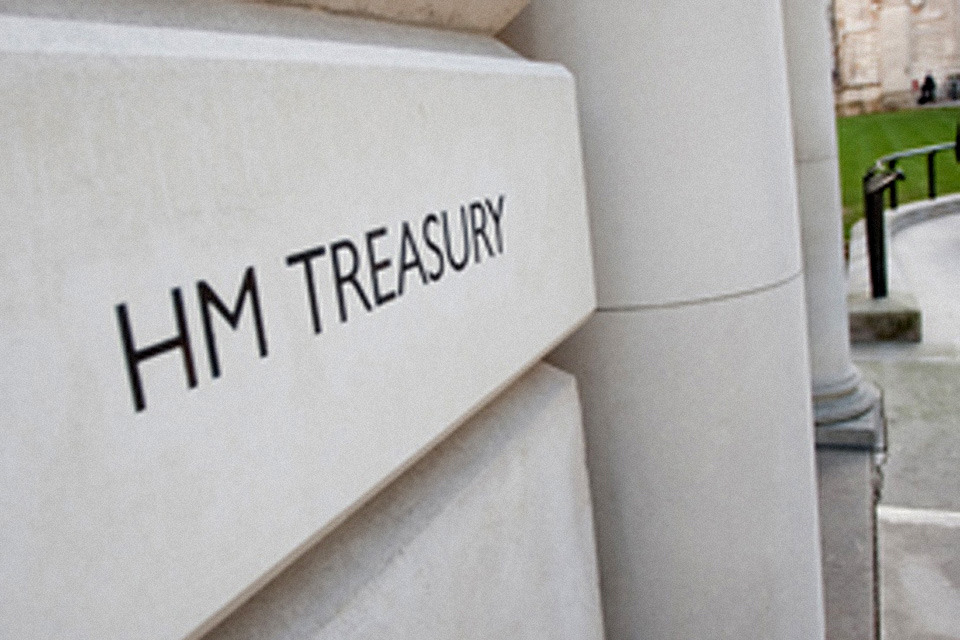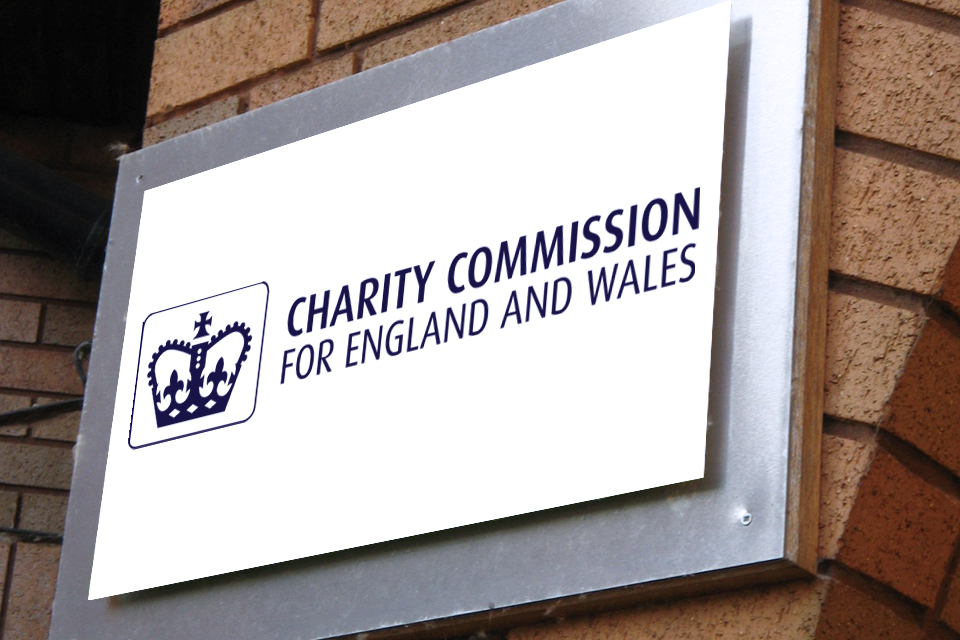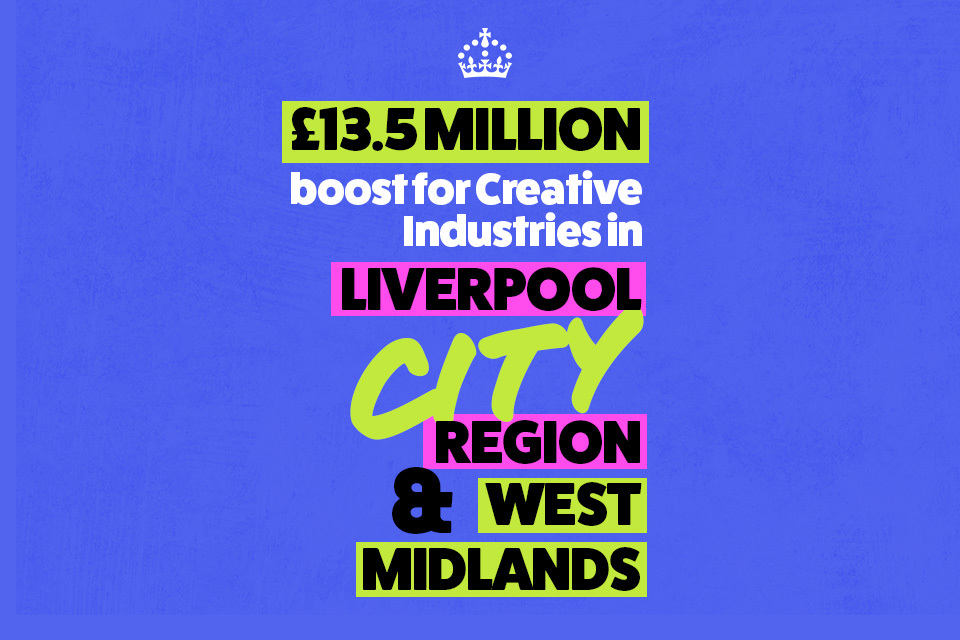- Chancellor announces pay rise for over 3 million workers next year, as National Living Wage rises by 6.7%
- Pay boost worth £1,400 a year for an eligible full-time worker – a significant move towards delivering a genuine living wage.
- 18-20 National Minimum Wage will rise by £1.40 per hour – the largest increase on record – and marks first step towards a single adult rate.
Over 3 million workers will receive a pay boost after the Chancellor confirmed the National Living Wage will increase from £11.44 to £12.21 an hour from April 2025.
The 6.7% increase – which is worth £1,400 a year for an eligible full-time worker – is a significant step towards delivering the manifesto commitment to make sure the minimum wage is a genuine living wage.
The National Minimum Wage for 18 to 20-year-olds will also rise from £8.60 to £10.00 an hour – the largest increase in the rate on record. This £1.40 increase will mean full-time younger workers eligible for the rate will see their pay boosted by £2,500 next year. This marks the first step towards aligning the National Minimum Wage and National Living Wage to create a single adult wage rate, which would take place over time.
The move comes ahead of the Budget tomorrow which will fix the foundations to deliver change by fixing the NHS and rebuilding Britain, while ensuring working people don’t face higher taxes in their payslips.
It builds on the commitment to be a pro-business, pro-worker, pro-growth Government. It delivers a key plank of the Plan to Make Work Pay, which is already set to boost the pockets of the lowest paid workers by up to £600 a year through the Employment Rights Bill.
The plan will boost productivity, creating a workforce that is fit and ready to help us deliver our first mission to kickstart economic growth – with good jobs and growth in every part of the country making everyone, not just a few, better off.
Chancellor of the Exchequer Rachel Reeves said
This Government promised a genuine living wage for working people. This pay boost for millions of workers is a significant step towards delivering on that promise.
Business Secretary Jonathan Reynolds said
Good work and fair wages are in the interest of British business as much as British workers.
This government is changing people’s lives for the better because we know that investing in the workforce leads to better productivity, better resilience and ultimately a stronger economy primed for growth.
Deputy Prime Minister Angela Rayner said
A proper day’s work deserves a proper day’s pay.
Our changes will see a pay boost that will help millions of lower earners to cover the essentials as well as providing the biggest increase for 18–20-year-olds on record.
The minimum hourly wage for an apprentice is also boosted next year, with an 18-year-old apprentice in an industry like construction seeing their minimum hourly pay increase by 18.0%, a pay bump from £6.40 to £7.55 an hour.
These increases will mean 3.5 million workers will receive a pay rise this year in total. They confirm the Low Pay Commission’s recommendations, whose advisory remit was overhauled by ministers in July to consider the cost of living.
Hilary Jones, Ethics Director at Lush Cosmetics said
Lush staff making and selling our products are crucial to our success, so we commit to the Living Wage Foundation’s independently calculated real living wage rates each year to feel confident our rates of pay are fair and that our staff can afford what they need to thrive, not just survive. In these tough times where the cost of living continues to rise, it is great to see the Government increase minimum wage closer to these calculations to support the hardest working and most vulnerable workers across the UK.
Baroness Philippa Stroud, Chair of the Low Pay Commission, said
The Government have been clear about their ambitions for the National Minimum Wage and its importance in supporting workers’ living standards. At the same time, employers have had to deal with the adult rate rising over 20 per cent in two years, and the challenges that has created alongside other pressures to their cost base.
It is our job to balance these considerations, ensuring the NLW provides a fair wage for the lowest-paid workers while taking account of economic factors. These rates secure a real-terms pay increase for the lowest-paid workers. Young workers will see substantial increases in their pay floor, making up some of the ground lost against the adult rate over time.







